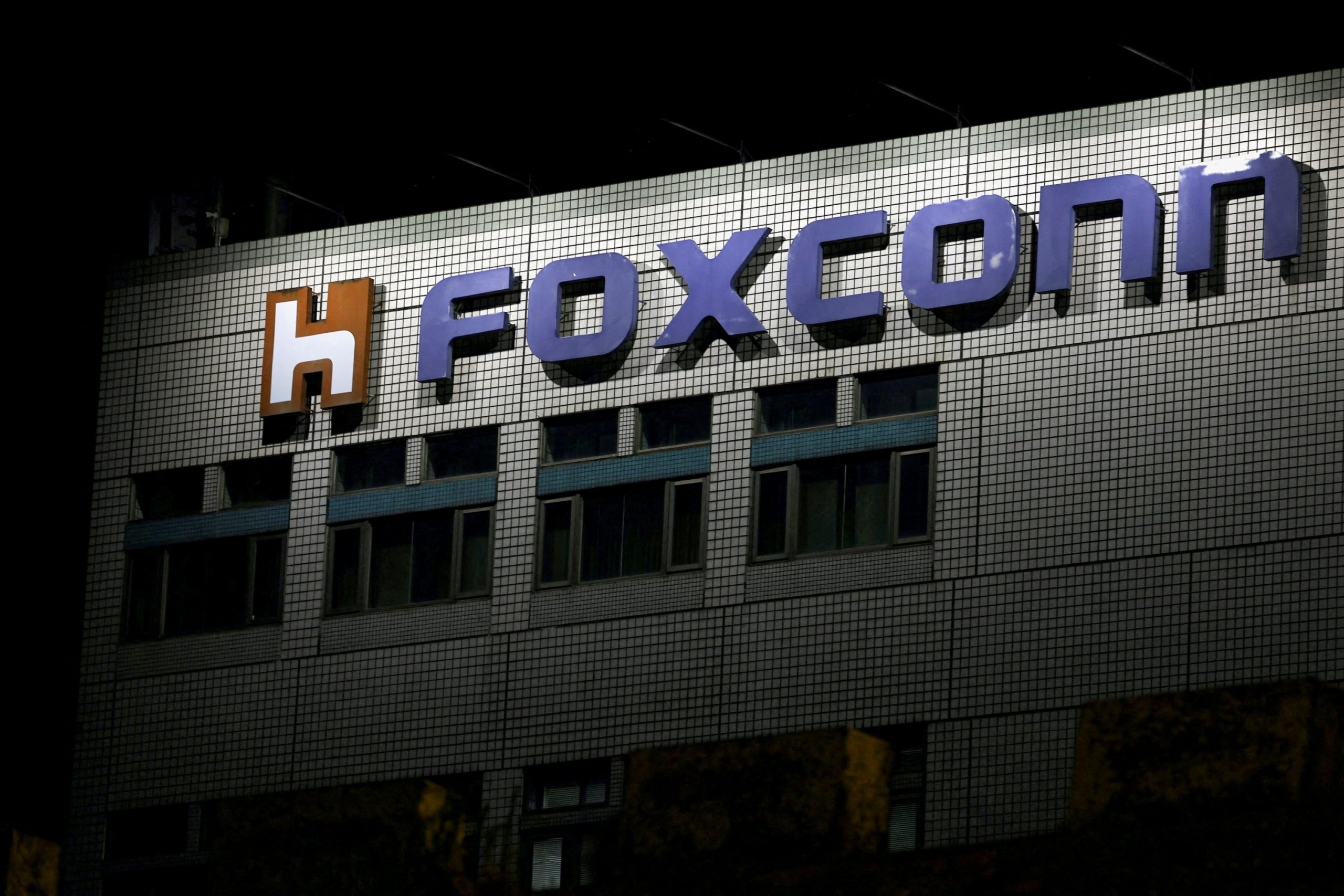EU Delays Proposal for Big Tech Funding of 5G Rollout
Europe’s telecoms operators pushing for Big Tech to help pay for the rollout of 5G and broadband will likely have to wait for the next European Commission to decide whether to propose rules to this end, people familiar with the matter said on Tuesday.
The telecommunications industry in Europe has been advocating for Alphabet’s Google, Meta’s Facebook, Netflix, Microsoft, and Amazon to contribute financially to the deployment of 5G infrastructure due to their substantial internet traffic. However, the decision on whether to propose legislation requiring Big Tech companies to share the costs of 5G rollout will be postponed until the next European Commission takes office.
Telecom Operators’ Call for Fair-Share Funding
Telecoms companies such as Deutsche Telekom, Orange, Telefonica, and Telecom Italia argue that it is fair for Big Tech companies to contribute to the funding of 5G and broadband deployment. They believe that since these tech giants generate a significant portion of internet traffic, they should be responsible for a share of the rollout costs. This concept is known as fair-share funding.
On the other hand, Big Tech companies argue that such a funding requirement would essentially impose an internet tax on them. They contend that they are already making significant investments in their own network infrastructure.
Expectations for EU Legislation
EU industry chief Thierry Breton had initially indicated that he would propose legislation after gathering feedback from both telecom operators and Big Tech companies. Breton, a former CEO of France Telecom, supported the telecom operators’ push for fair-share funding. However, he faced resistance from some of his fellow commissioners and various EU countries.
As a result, it is now anticipated that Breton will outline a strategy on the issue next year, leaving the decision on whether to propose legislation to the next Commission. The current Commission’s term ends in November next year.
While no final decision has been made, there is a possibility that a legislative proposal on funding for 5G rollout could still be included in the Commission’s work program, which will be announced on October 18th. This program will outline the EU executive’s long-term objectives.
Breton, in a blog post, suggested the need for broader rules in the telecoms market. He emphasized the importance of maintaining Europe’s competitive edge and called for the development of a Digital Networks Act to redefine telecoms regulation. He acknowledged that achieving this objective would require vision, boldness, and time.
Regulatory Barriers to a Single Telecoms Market
Breton highlighted the regulatory barriers that hinder the creation of a single telecoms market in Europe. He gathered feedback from various stakeholders, including telecom providers, broadcasters, cloud service providers, business associations, and consumer organizations, to identify these obstacles.
The European Union aims to overcome these barriers and ensure a more unified telecoms market. Breton plans to discuss concerns regarding recent acquisitions of telecoms stakes by sovereign investment funds and private equity firms with EU telecoms ministers at a meeting in Spain.
One example that raised concerns was the acquisition of a 9.9% stake in Telefonica by Saudi Arabian group STC. The Spanish government is scrutinizing this acquisition to ensure that its strategic interests are protected.
The Investment Gap and Funding Challenges
The push for fair-share funding from Big Tech companies arises from the significant investment gap in 5G and broadband deployment. The telecoms industry estimates this gap to be around 200 billion euros.
To bridge this gap, the industry believes that the financial burden should be shared between telecom operators and the tech giants that benefit from the increased internet traffic. However, without legislation mandating such funding, the burden falls solely on the telecom operators.
The telecoms companies argue that they have already made substantial investments in 5G infrastructure and cannot shoulder the entire financial responsibility for the rollout. They believe that a more equitable distribution of costs is necessary for the successful deployment of 5G networks.
The Role of Big Tech in Internet Traffic
Big Tech companies, including Google, Facebook, Netflix, Microsoft, and Amazon, play a significant role in generating internet traffic. Their platforms and services attract millions of users, resulting in a substantial increase in data consumption.
Telecom operators contend that since these tech giants benefit from the increased internet traffic, they should contribute financially to the deployment of the infrastructure that supports their services. They argue that fair-share funding would ensure a more balanced distribution of costs.
However, Big Tech companies argue that they already invest heavily in their own network infrastructure and contribute to the overall growth of the digital economy. They contend that imposing additional financial obligations on them would hinder their ability to innovate and expand their services.
The Future of Telecoms Regulation in Europe
Thierry Breton’s call for a Digital Networks Act reflects the need for a fresh approach to telecoms regulation in Europe. He believes that redefining the regulatory framework would contribute to Europe’s competitive edge in the digital market.
The Act would require a comprehensive review of existing regulations, addressing the barriers that hinder the creation of a single telecoms market. Breton emphasizes the importance of collaboration between telecom operators, tech companies, and regulatory bodies to facilitate the development of a forward-thinking regulatory framework.
Conclusion
The decision on whether Big Tech companies should contribute financially to the rollout of 5G and broadband in Europe has been postponed until the next European Commission takes office. Telecom operators argue for fair-share funding, while Big Tech companies believe it would amount to an internet tax. EU industry chief Thierry Breton plans to outline a strategy on the issue next year, leaving the decision on legislation to the next Commission. The telecoms industry faces a significant investment gap, and the burden of funding the deployment of 5G networks currently falls solely on telecom operators. The proposed Digital Networks Act aims to redefine telecoms regulation in Europe and overcome regulatory barriers to create a more unified telecoms market.




